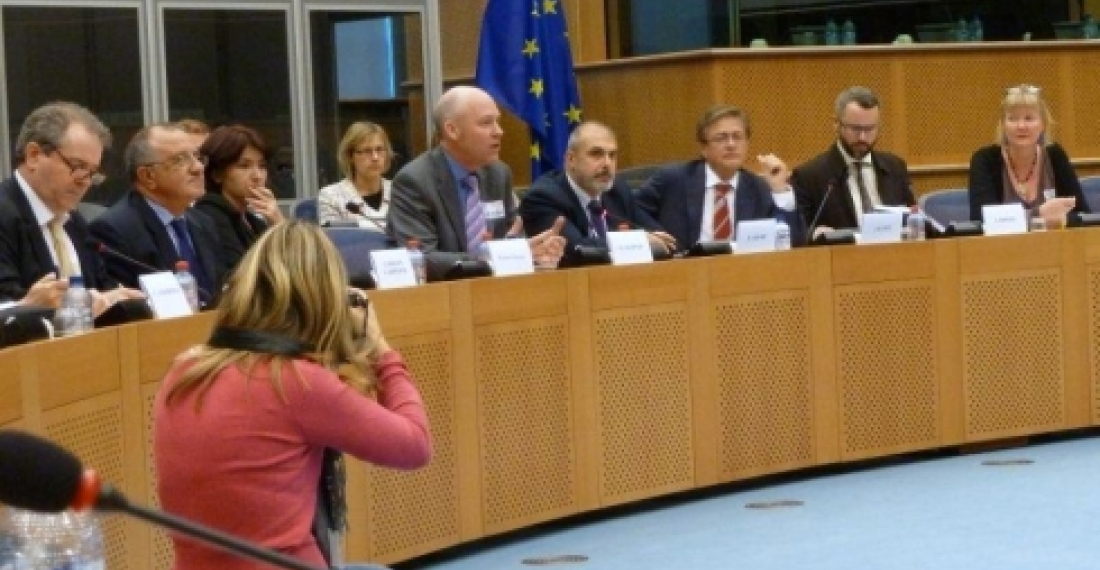Senior European Union Officials and Members of the European Parliament have affirmed their support for the Nagorno-Karabakh peace process and expressed their readiness to engage more strongly to support it through confidence building measures and efforts to promote reconciliation.
They were speaking at an event in the European Parliament in Brussels where the work of European civil society organisations working for the peaceful resolution of the Karabakh conflict was presented.
Amongst the many guests were the Ambassadors of Armenia and Azerbaijan to the European Union, who welcomed the efforts of the European Union and European civil society.
In his opening remarks, the EU Special Representative for the South Caucasus, Phillipe Lefort said that the European Union was a desired partner in the South Caucasus and perceived as the main partner for modernisation in all three South Caucasus countries. The EU was ready to engage and to respond positively to demands to be more active. Ambassador Lefort reiterated the support of the European Union for the Minsk process format. He said that the quest for peace over Nagorno Karabakh did not only require a political process but was also one of reconciliation between people and the EU was ready to contribute its expertise in this field.
Speaking on the same theme John Kjaer, Head of the Eastern Partnership Division at the European External Action Service said the European Union sought to add value to the work of the Minsk Group and to contribute to its work through confidence building measures and outreach activities.
The event at the European Parliament was an opportunity for European civil society organisations that form part of the Europeal Partnership for the peaceful settlement of the conflict over Nagorno-Karabakh (EPNK) to present their activities through an exhibition of photos and posters and the viewing of a number of short films.
The event was hosted by three members of the European Parliament, Evgeni Kirilov, Charles Tannock and Vjtautas Landsbergis.
source: commonspace.eu newsroom
photo: the European parliament







